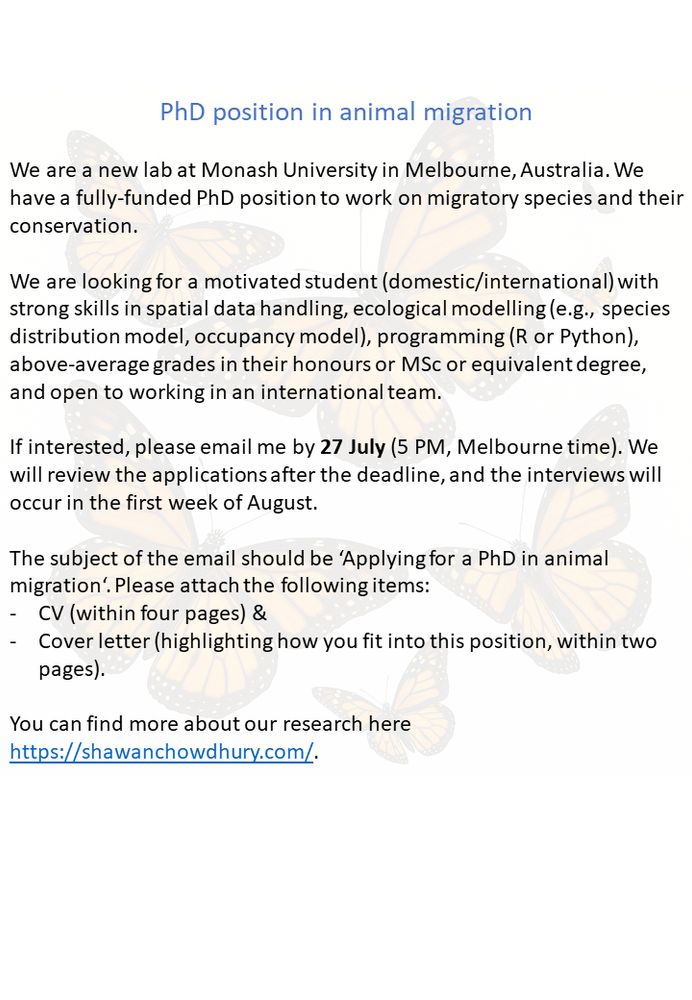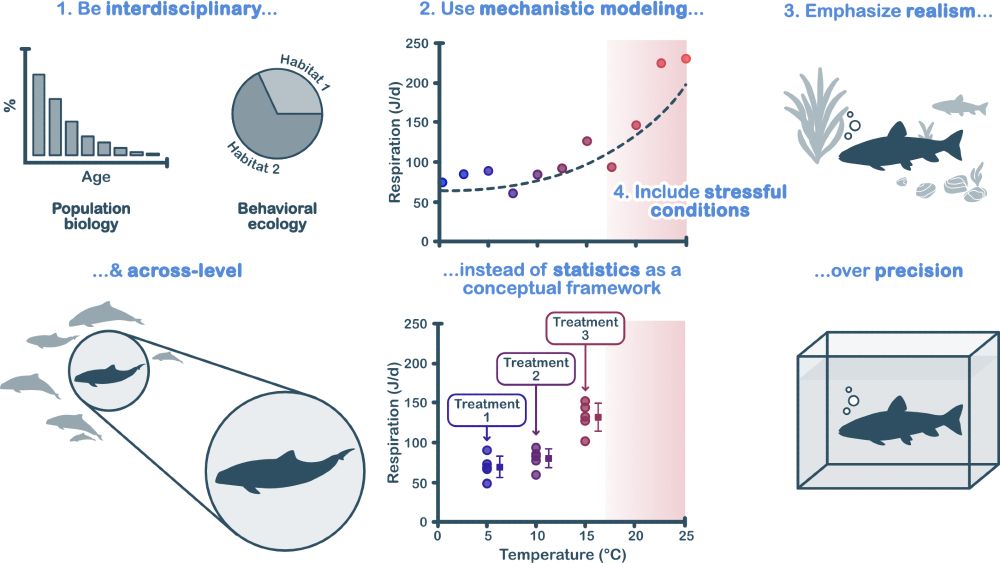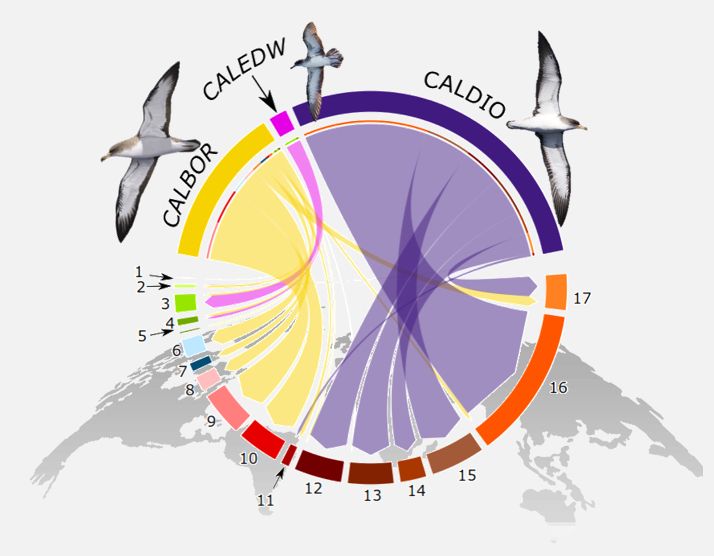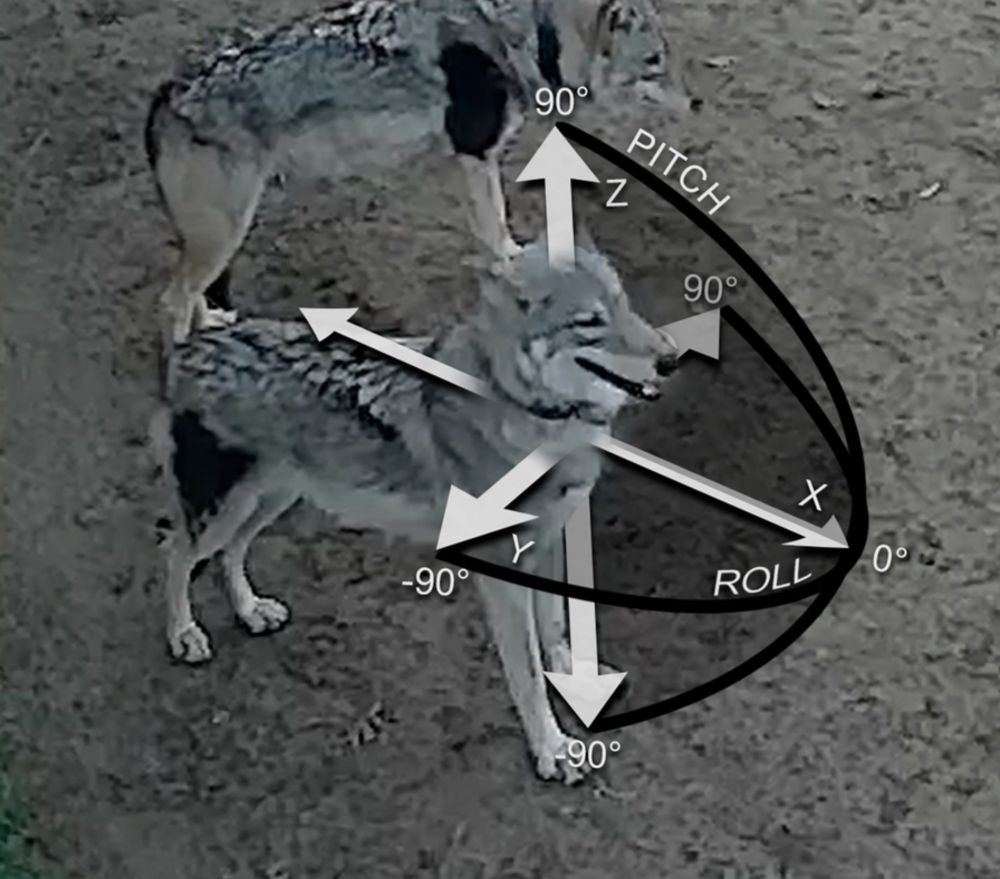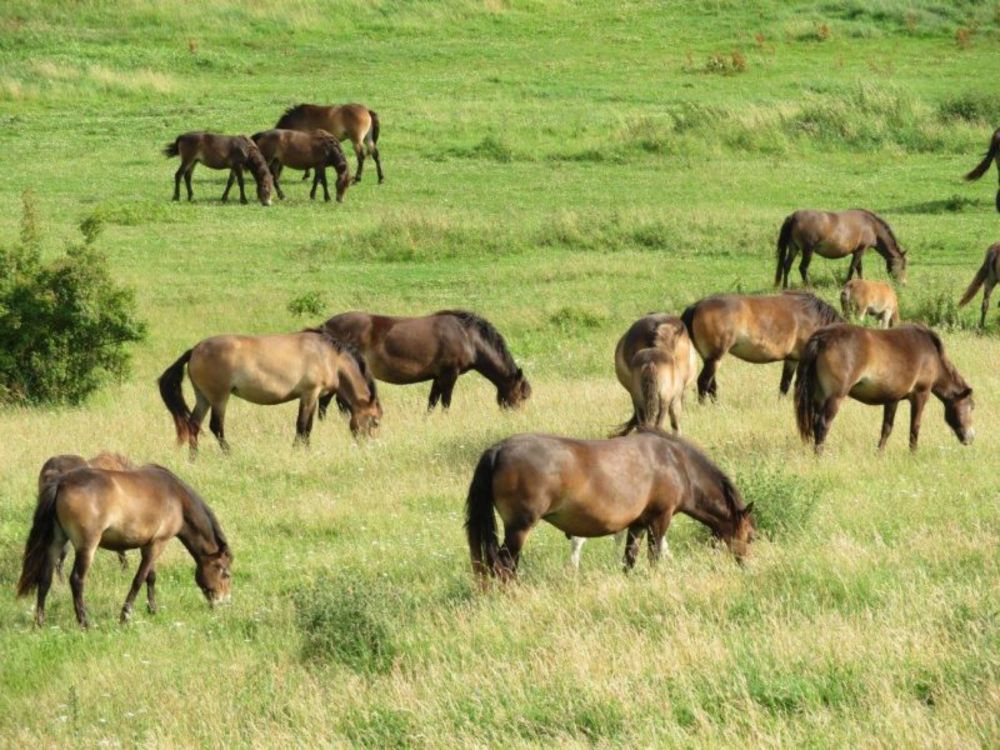@marikimient.bsky.social
91 followers
190 following
6 posts
Lecturer in Marine Top Predator Ecology @sosbangor.bsky.social, #MSCA Alumni. Movement ecology, conservation, climate change, quantitative ecology, AI, IBMs. she/her
mariannachimienti.weebly.com
Posts
Media
Videos
Starter Packs
Reposted
Reposted
Reposted
Reposted
Reposted
Alec BM Moore
@alecbmmoore.bsky.social
· May 30
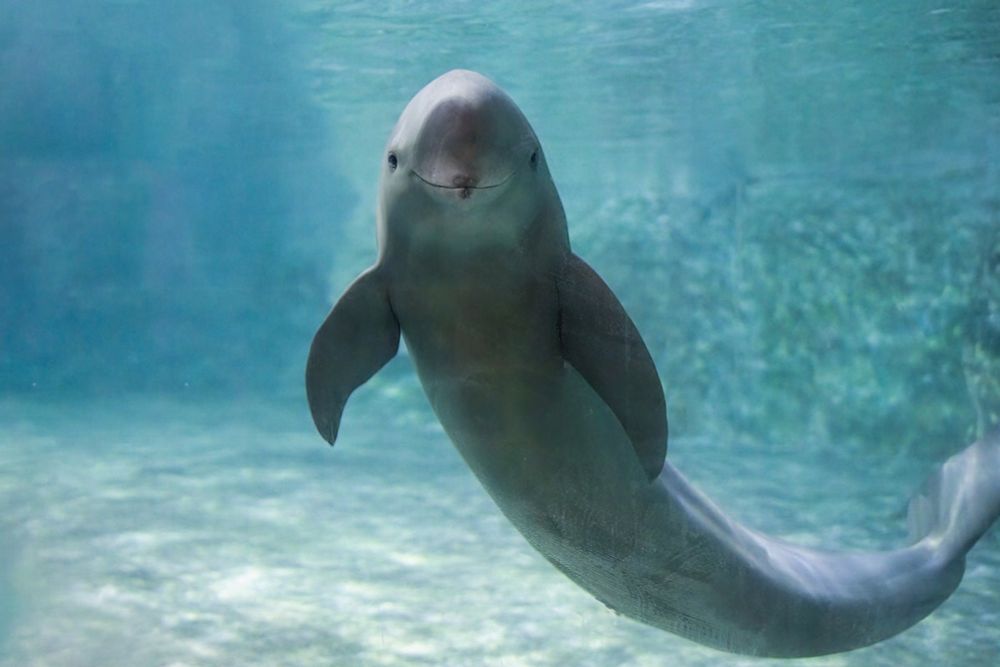
Ancient Poems Reveal the History of the Endangered Yangtze Porpoise
Mentions of the critically endangered Yangtze finless porpoise in ancient Chinese poetry have revealed missing information about the habitat of the world’s only freshwater porpoise
www.scientificamerican.com
Reposted
Reposted
Reposted
Reposted
Reposted




